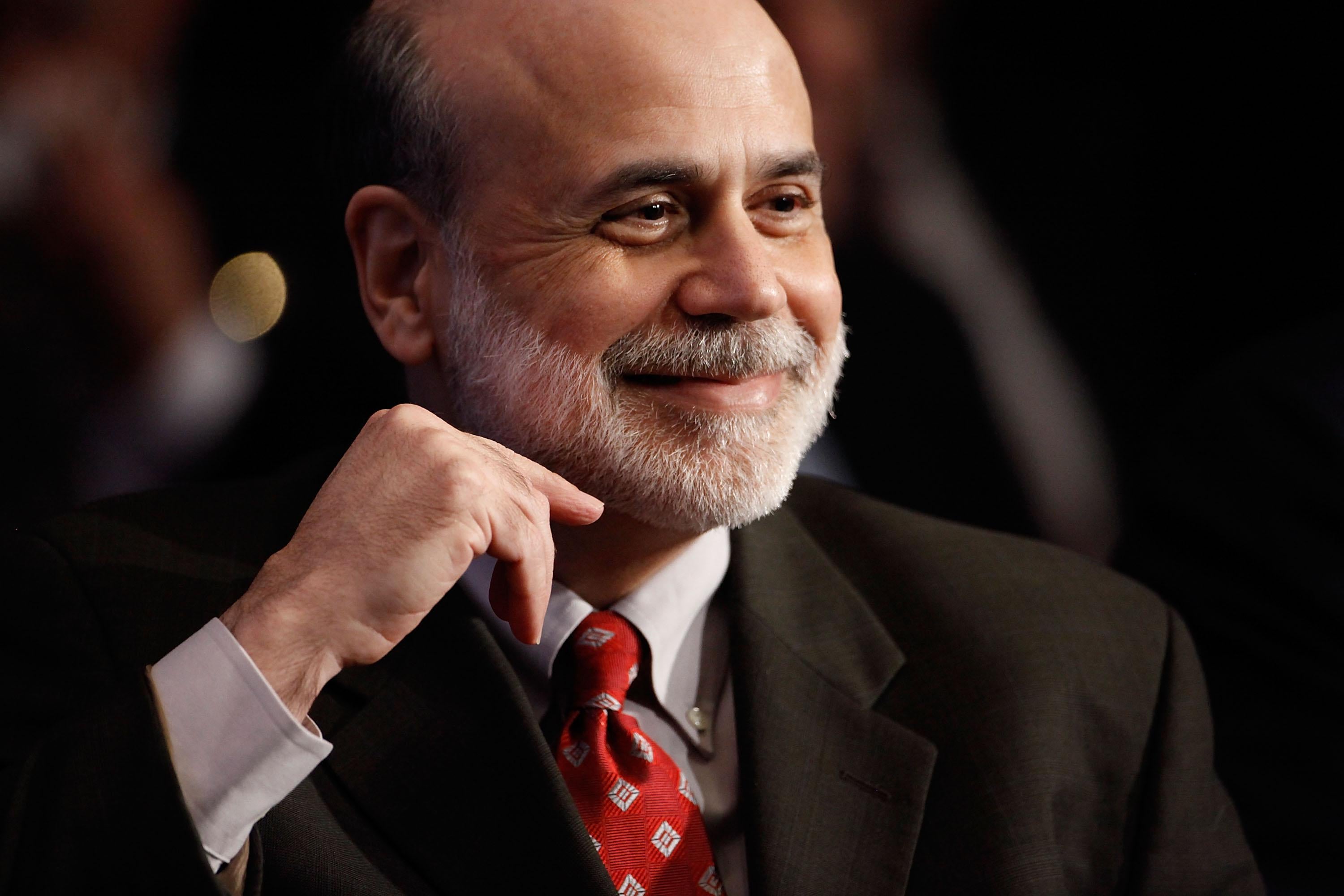The Federal Reserve’s Open Market Committee met Tuesday and will continue meeting this morning, after which we should get a new monetary policy statement, a bunch of new economic projections, and a Ben Bernanke press conference. In terms of actual unpredictability about what will happen, this is a very interesting meeting. But if you’ve been sleeping on monetary policy coverage (and the traffic stats suggest that you have!), you may have some questions. Here are the answers:
1. Is this the meeting where the “tapering” is going to start? It very well might be, but if I really knew I’d be getting rich making investment calls based on my insight. This is why we need to actually wait for the news sometimes.
2. But what the heck is “tapering”? The Fed’s been doing some Quantitative Easing, buying long-term government bonds and mortgage-backed securities. At some point it will stop buying them. Between now and then, there will be a process during which the bonds are still bought but in lesser quantities than they’re being bought right now. “Tapering” has become the term of at for that process.
3. They’re talking about tapering because inflation’s out of control, right? Well, no, the Consumer Price Index rose 0.1 percent in August and just 1.5 percent over the past 12 months. The Fed claims to be targeting an inflation rate of 2 percent, and claims to have no bias or preference for being slightly under 2 percent than slightly over it. The Fed has also said that it will be unusually relaxed about inflation right now in light of the sky-high unemployment rate.
4. If inflation’s low, why are we talking about tighter money? Great question! One I’ve had a lot of time to ask and have not gotten very satisfying answers to. The answer you most frequently hear is a hazy and confusing concern about “financial instability,” but eminent Columbia University monetary policy scholar Michael Woodford is also in favor of tapering for different reasons.
5. Financial instability? This is the idea that even if inflation and employment numbers argue in favor of looser money, you might want tighter money anyway to prevent bubbles. Lots of people think this, and the president of the United States seems to have endorsed it at times. I am not a fan, though. For starters, it’s illegal. The Federal Reserve Act instructs the Fed to focus on employment and inflation when making monetary policy. What’s more, the Fed has ample regulatory tools outside the realm of monetary policy with which to express its concern for financial instability. Don’t try to use monetary policy as a regulatory tool. If banks are underregulated, regulate them more.
6. So what’s Woodford’s argument? Part one for Woodford is that giving the economy a monetary boost is all about expectations, not about bond-buying. He thinks you boost the economy by telling people to expect faster nominal growth in the future—saying the Fed will give us faster real growth or faster inflation, but will absolutely refuse to countenance a slow-growth low-inflation combination. In that framework, QE is unnecessary.
7. But even if it’s unnecessary, is it doing any harm? Yes, Woodford’s view is that taking the bonds off the market is dangerous. Government debt plays a crucial role as a “safe asset” in the broader financial and economic situation. Public policy ought to ensure that this government debt is around in ample supply.
8. Doesn’t that also imply that the budget deficit should be higher? Woodford hasn’t said this, but it does appear to follow from his logic. For that matter, the Fed’s own statement that it will tolerate inflation in the 2–2.5 percent range as long as unemployment stays high also argues for a higher deficit. It’s a clear signal from the Fed that if fiscal stimulus gave the economy a boost, monetary policy wouldn’t calm it down again. Either way you look at it, the government should be collecting less in taxes and doing more opportunistic investment. But the Fed can’t make that stuff happen.
9. What will happen in markets if the tapering does start? I fear that they’ll freak out. Many people inside the Fed and many people the Fed listen to say that “tapering isn’t tightening.” And if you buy Woodford’s account, it certainly doesn’t have to be tightening—tighter money that should push the price of stocks down. But communicating that subtelty in a credible way is tricky, and nobody has a lot of practical experience with doing it.
10. What happened to Larry Summers and Janet Yellen? We spent August and September talking about Ben Bernanke’s successor, but his term doesn’t actually expire until the end of January, so the whole Summers/Yellen thing doesn’t matter right now.
